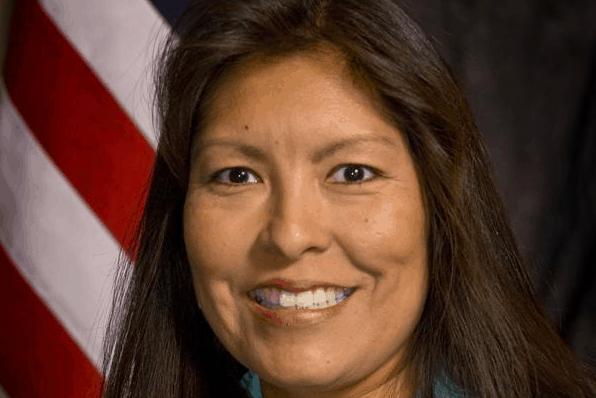Diane Humeweta is touted as an example of bipartisanship, having been nominated by a Republican and a Democratic President to serve as the First Native American Woman in legal positions. However, the facts (see below) show that politics rules
Diane Humeweta received her law degree from the school named for the First Woman To. . .become a Justice of the Supreme Court: the Sandra Day O’Connor College of Law at the University of Arizona. A member of the Hopi Tribe, she served as Tribal Liaison and Senior Litigation Counsel in the U.S. Attorney’s office.
Later she headed that office when she became The First Native American Woman To. . .become a U.S. Attorney. She served in the District of Arizona from 2007 to 2009. Once again crossing paths with the Supreme Court Justice, her investiture was in the Sandra Day O’Connor Courthouse in Phoenix.
Support from Senator John McCain did not prove beneficial as she was removed from her position after Barack Obama defeated McCain for president. Earlier this year, however, President Obama named her The First Native American Woman To. . .be a United States District Judge. The vote to approve her in the U.S. Senate was 96-0 (a rare moment of unanimity in the governing body).
The twenty-one tribal reservations in Arizona are pleased to have a judge in the federal court who is a reflection of themselves. The workload is heavy as all felonies committed on reservations go to federal court. A national expert on Native American legal issues, Humetewa has instructed prosecutors and other law enforcement officials on the intricacies of this portion of the law.
It is interesting to note that, although Diane Humetewa is the first Native American in this position, she did succeed another woman, Mary Marguia. Marguia had been elevated to the United States Court of Appeals for the Ninth Circuit.

